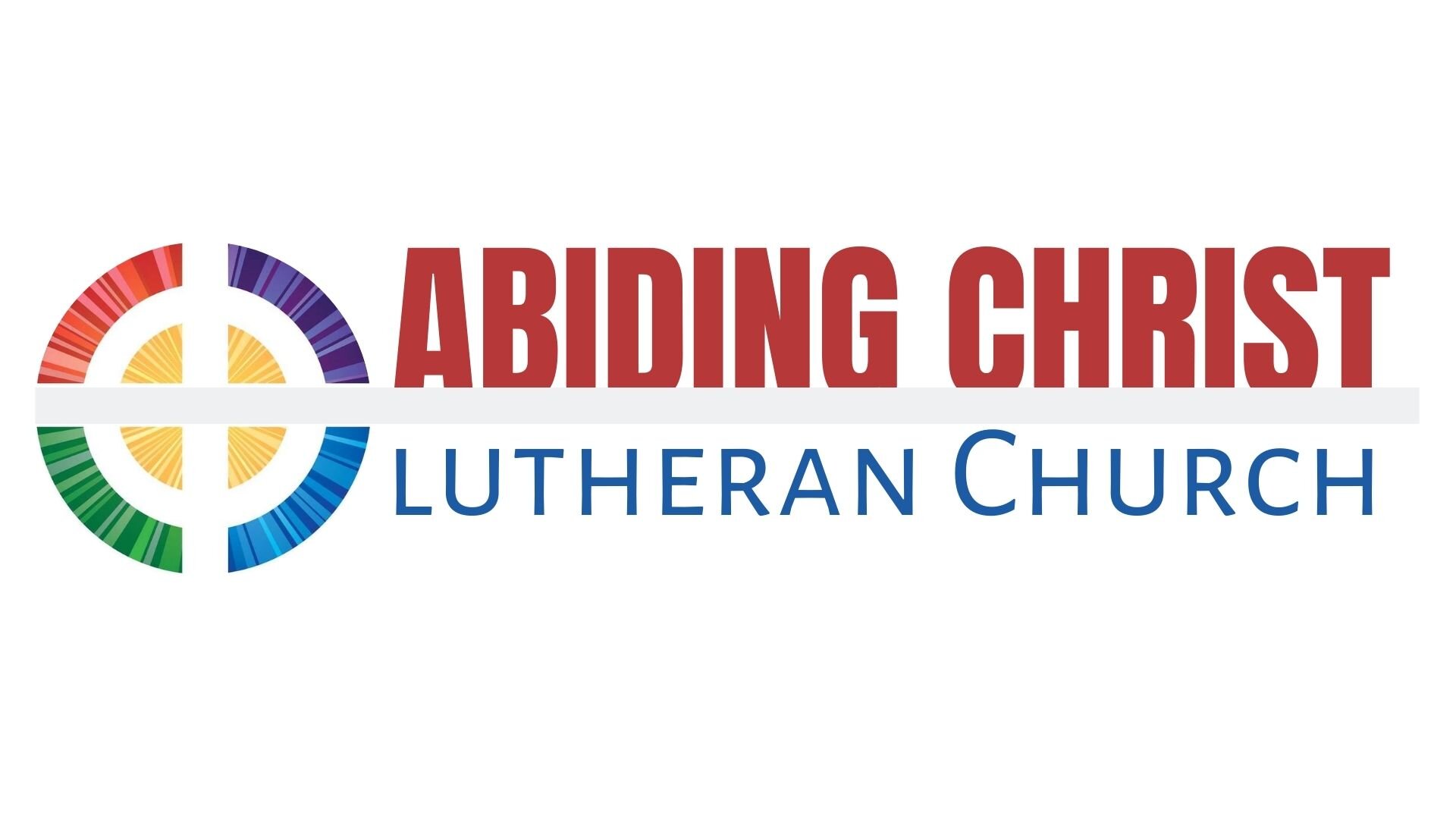John Francis Wade
Luke 2:15-18
When the angels had left them and gone into heaven, the shepherds said to one another, ‘Let us go now to Bethlehem and see this thing that has taken place, which the Lord has made known to us.’ So they went with haste and found Mary and Joseph, and the child lying in the manger. When they saw this, they made known what had been told them about this child; and all who heard it were amazed at what the shepherds told them.
Oh, Come, All Ye Faithful LBW 60
1 Oh, come, all ye faithful, joyful and triumphant!
Oh, come ye, oh, come ye to Bethlehem; come and behold him born the king of angels:
Refrain
Oh, come, let us adore him, oh, come, let us adore him,
oh, come, let us adore him, Christ the Lord!
2 The highest, most holy, Light of light eternal,
born of a virgin, a mortal he comes; Son of the Father now in flesh appearing! Refrain
3 Sing, choirs of angels, sing in exultation,
sing, all ye citizens of heaven above! Glory to God in the highest: Refrain
4 Yea, Lord, we greet thee, born this happy morning;
Jesus, to thee be glory giv’n! Word of the Father, now in flesh appearing: Refrain
Text: attr. John F. Wade, c. 1711-1786
Englishman John Francis Wade made a living hand copying music manuscripts. This hymn was originally a Catholic hymn (rare as that was) titled “Adeste Fideles” - written as part of the Christmas liturgy for the Latin Catholic Mass. The first verse is a straight translation from Latin, the rest were original to Wade. In 1750, Wade slipped his hymn into a manuscript he was copying for the Roman Catholic College of Lisbon, Spain. The Duke of Leeds (on vacation in Lisbon) heard it sung on Christmas Eve and brought it back to England where it was soon sung by every Catholic and Protestant church worldwide.
The fact that this famous and well known carol was “snuck in” to an official document without the knowledge of those in charge intrigues me. Often getting permission to do something innovative or wonderful is hard. The honoring of tradition, the need for control and the fear of things new all work against most innovation. We believe from hard experience it is easier to get forgiveness than permission. Here something wonderful that came from such a belief!
Prayer: Father, open our hearts to the wondrous possibilities that await us when we are willing to take a risk for the Gospel. When such opportunities arise, may we faithfully, and boldly, embrace them! Amen.

